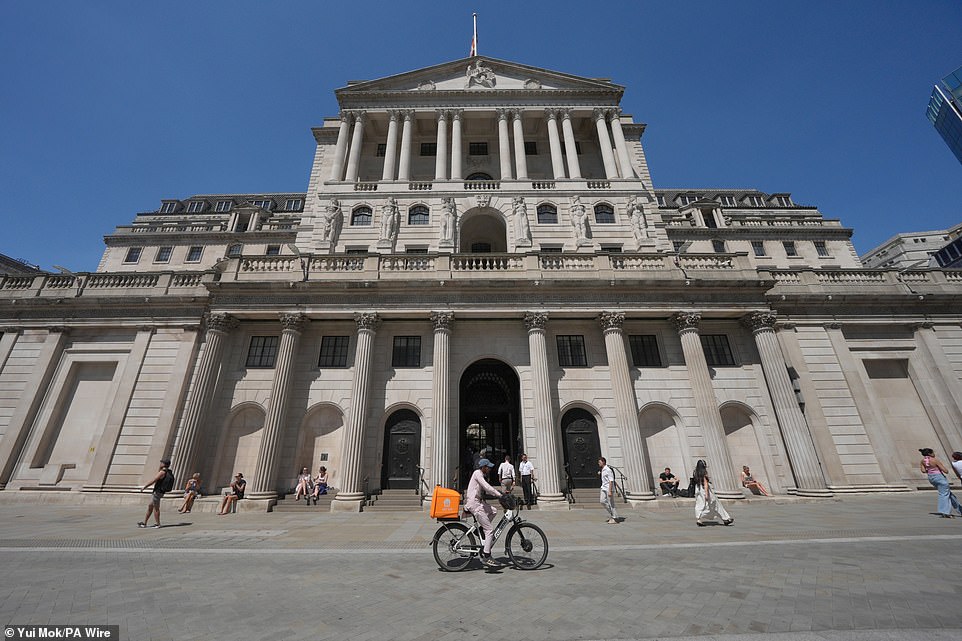
Bank of England deputy governor Sam Woods is confident that post-Great Financial Crisis rules have fixed the banking system. One might question whether it was Swiss national pride, rather than ‘living wills’ for banks, which saved the blow-up at Credit Suisse in 2023 from becoming a global catastrophe. There is a confidence among regulators that the banking system has been rendered safe. What hasn’t been dealt with are the interconnections between private finance and regulated banks. The highly-leveraged public-to-private takeover of Royal Mail owner International Distribution Services would not have been possible unless London-based US and European banks had agreed to offer high interest credit lines.
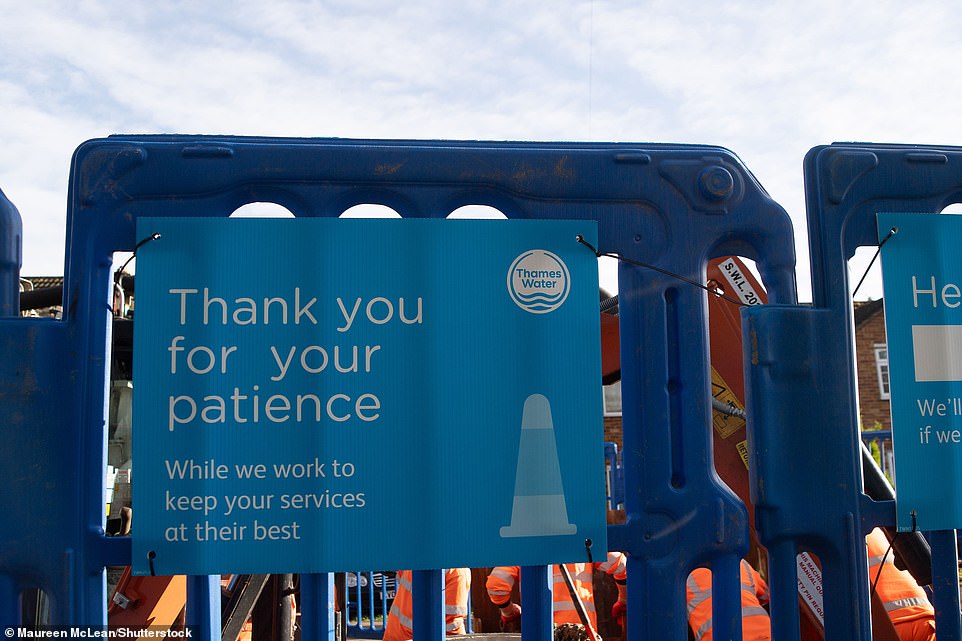
Such loans can be destroyers of enterprises, as witnessed at Thames Water. Supermarkets Morrisons and Asda have seen their market share cannibalised since investors took the private equity shilling. The notion that, somehow, private finance and banks live in different spheres is a myth. Barclays has just revealed a £110million loss from collapsed sub-prime motor finance lender Tricolor. One could have hoped that Barclays might have learned lessons from the past. It infamously dabbled in American sub-prime mortgage markets in the Noughties. Executives eventually agreed to a controversial bailout by Arabian Gulf interests.
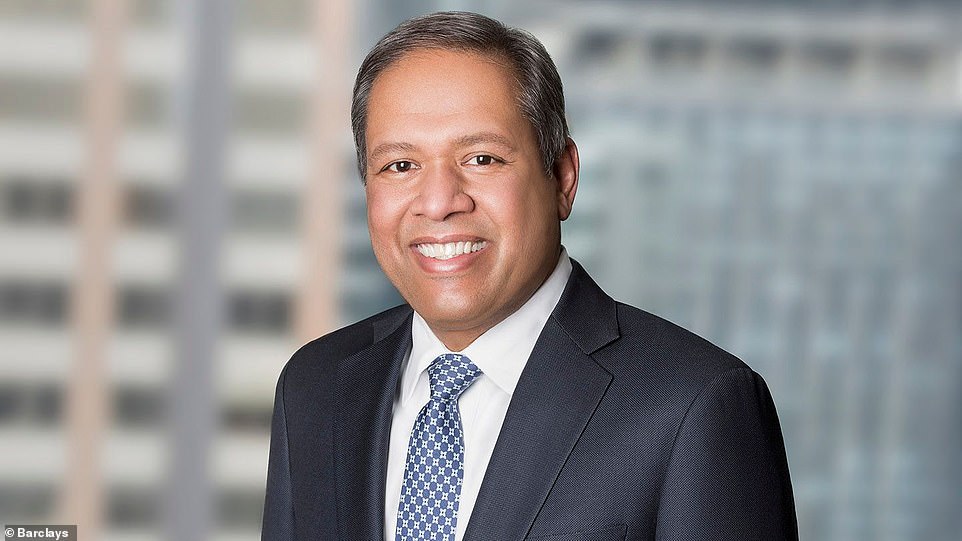
Barclays chief executive Venkat (pictured) argues that the surprise in the failure of Tricolor ‘was the fraud’. Perhaps, but more prudent lenders might have recoiled from lending to a sub-prime client which built its enterprise almost entirely on private finance. The bank has been there before. But so have other First Brands and Tricolor victims. Overall, Barclays has revealed £20bn of exposure to private finance, with 70pc of the loans in the US. Other bills are piling up. It has taken a further £235million charge against the UK motor finance swindle. Of medium concern for investors and believers in Europe’s most competitive investment bank was a below-par performance with profit lower than expectations. It failed to cash in on bids, deals and initial public offerings in a bumper third quarter for Wall Street rivals.
Switching channels
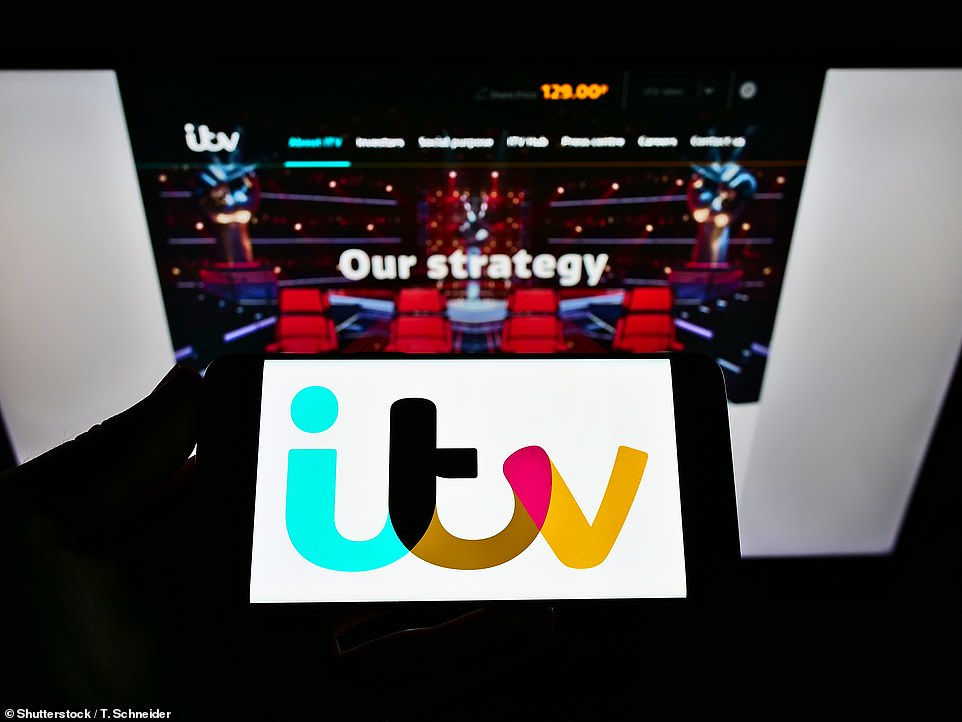
ITV constantly finds itself swimming against the tide. It is hardly a vote of confidence when cornerstone investor Liberty Global, one of the biggest players in global broadcasting and owner of money-spinning F1 motor racing, decides to dump half its 10 per cent stake in Britain’s popular commercial channel. Unsurprisingly, ITV’s shares cratered 8.6 per cent and, at 68.15p, are around half their value of four years ago. The producers of Coronation Street and the totemic docudrama Mr Bates vs The Post Office argue that they are not entirely surprised. Liberty, the vehicle of ‘cable cowboy’ John Malone, indicated a desire to simplify its businesses and rid itself of peripheral investments: which it has done.

A frustration for ITV, which has just celebrated its 70th year as a broadcaster, is the failure of investors to appreciate the transformation under the stewardship of chief executive Carolyn McCall, who rightly has ended dependence on commercial advertising by supporting and building its creative studio enterprise. She also pressed on with investment in streaming offshoot ITVX despite shareholder scepticism. Among her ambitions is a link which would bulk up studios. An attempted deal with All3Media never happened and ITV Studios is a minnow in a world where production giant Warner Bros Discovery is so confused about the future that it has hoisted a full-scale sale sign. Matters are not made any easier by the current dip in consumer advertising. Bring on Thomas Tuchel and football’s 2026 World Cup!
Cutting loose
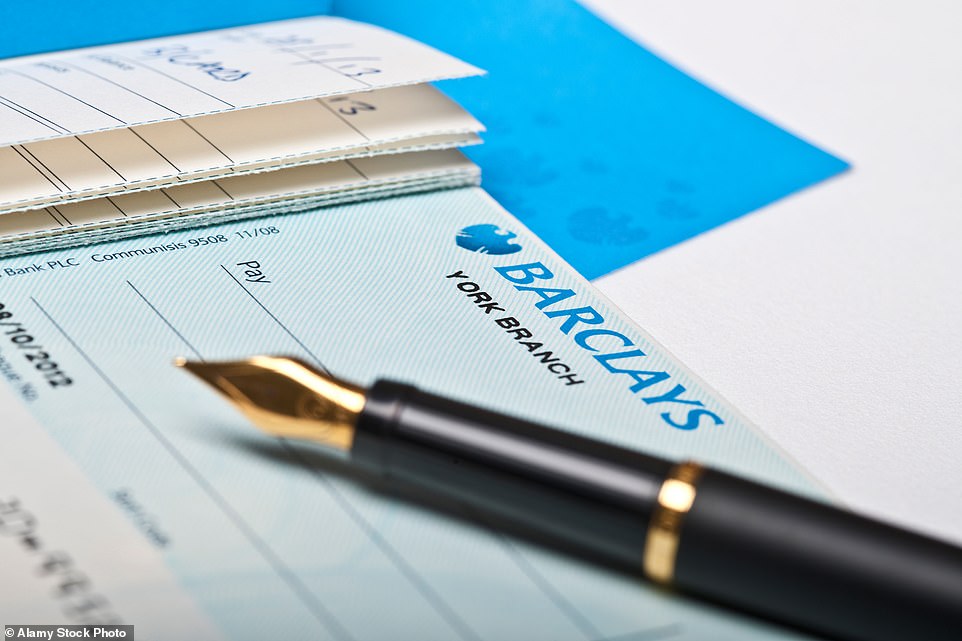
The best thing that can be said about the latest consumer prices figures – ‘stuck’ at 3.8 per cent – is that they didn’t get any worse. The jobs market is still weakening thanks to Rachel Reeves’ employers’ National Insurance increase. Analysts, supported by comments made by Bank of England governor Andrew Bailey, are speculating on a pre-Christmas rate cut from 4 per cent. But it will have to wait until after the Budget.
